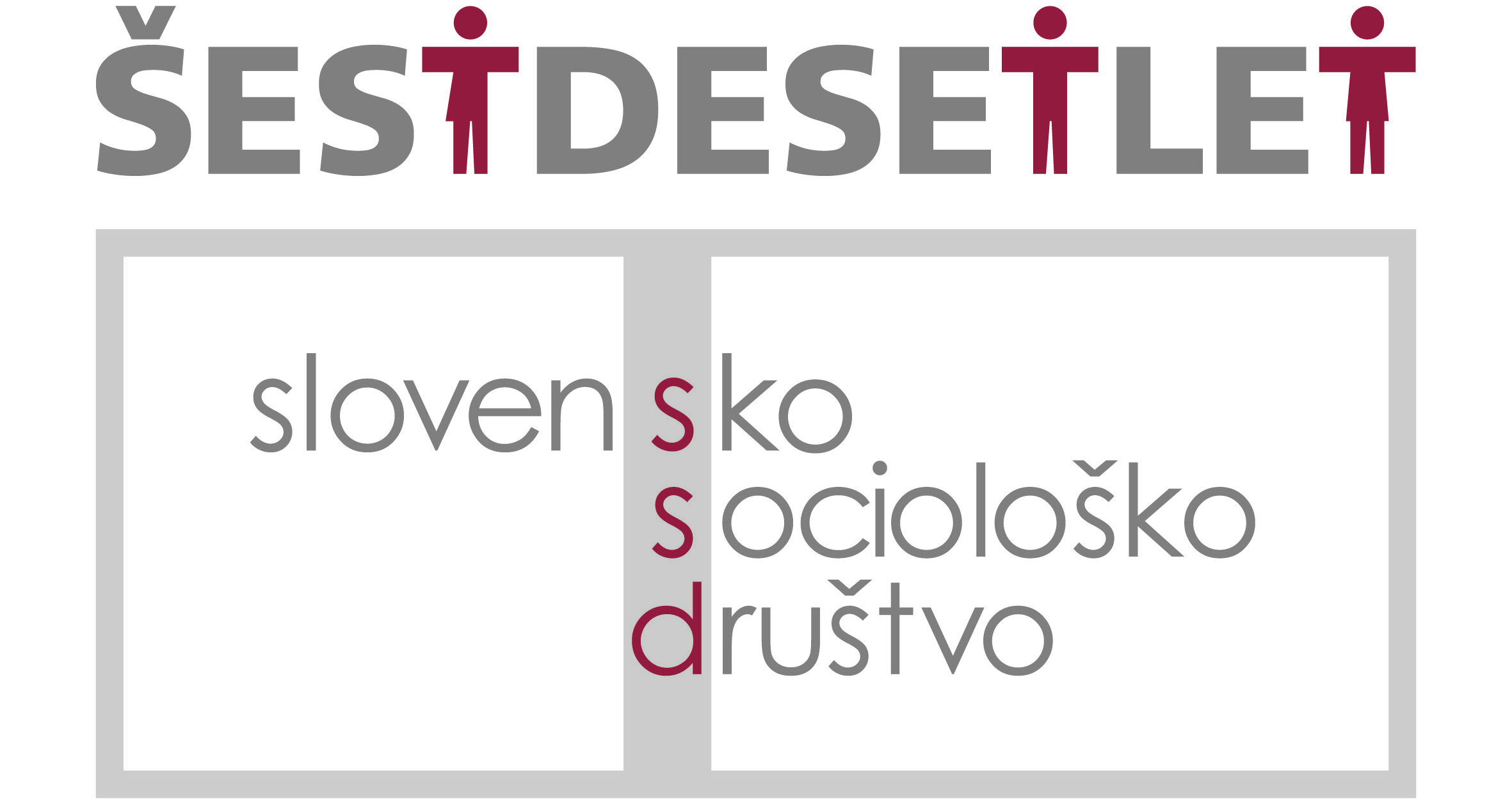Social science forum 104 (XXXIX)
Editorial: Dear readers
Tanja Oblak Črnič in Natalija Majsova
Editorial of the thematic bloc
Marjan Hočevar
Mapping the dualims of nature/society and nature/culture in environmental sciences in view of the anthropocene
Marjan Hočevar
ABSTRACT: This study uses the qualitative method of chronological and analytical literature review complemented with the visualisation (VOSviewer) of documents extracted from the Scopus database to consider a fundamental dualism of “culture and nature” and/or “society and nature” in the context of interdisciplinary approaches to environmental studies. The visualisations reveal clusters that manifest themselves differently when the nature/culture and nature/society pairs are compared. The term Anthropocene, adopted as a concept, is highlighted as a model to test the flattening of the dualism in question. The concept of the Anthropocene can serve as a prototypical link in research on environmental interdisciplinarity.
KEY WORDS: nature/society, nature/culture, bibliometrics, environmentalism, anthropocene
>> Download
Universityscapes: the transformative role of universities in urban spaces: the case of university libraries in Ljubljana and Vienna
Domen Žalac, Matjaž Uršič
ABSTRACT: The purpose of this article is to explore the social and spatial dynamics within the university libraries of the University of Ljubljana and the University of Vienna. The analysis shows that university libraries are crucial for shaping the academic environment and culture and play an important role in city–university relations. Understanding these dynamics is essential for planning and developing university spaces that can effectively respond to the needs and activities of their users. The article applies qualitative research methods and uses interviews with professors, students and assistants along with on-site observations to analyse the dynamics and transformative role of university spaces in Ljubljana and Vienna.
KEY WORDS: university libraries, spatial dynamics, university–city relationship, University of Ljubljana, University of Vienna
>>Download
The role of physical and virtual spaces in the learning and employability of higher education graduates
Samo Pavlin
ABSTRACT: In this paper, we explore how the relationship between physical and virtual spaces in the higher education process affects the development of the knowledge and competencies that graduates need as they enter the labour market. A discussion of learning in higher education from the perspective of physical and virtual spaces is followed by a section on relevant views concerning successful learning and then on phenotypic forms of knowledge and competencies. We summarise the focus of each section in a final conceptual model. Five sets of questions for operationalising indicators for studying the interconnectedness of physical and virtual spaces in learning in higher education are derived from the model. The paper is based on an exploratory, integrative review of relevant sources.
KEY WORDS: virtual space, higher education, employability, competencies, academic profession
>>Download
Immovable cultural heritage in the context of new localism: the role of local communities in implementing sustainable heritage-based development
Matjaž Uršič
ABSTRACT: On the declarative level, immovable (physical) cultural heritage is a convenient subject of a variety of programmes, conservation approaches and legislative processes supposedly tied to sustainability development plans. The declarativeness of immovable cultural heritage integration processes is often exposed in spatial antagonisms based on frictions between local communities on one side and, on the other, conservation approaches, the development aspirations of investors, political structures and other actors who seek to assert their particular interests and needs. The paper analyses the mentioned frictions through the prism of “new localism” trends and connects them to the findings of several Slovenian case studies.
KEY WORDS: Localism, new localism, cultural heritage, participation, HEITRANSFORM
>> Download
Inclusive renewable energy communities' platform: combining local, virtual and hybrid renewable energy communities
Primož Medved
ABSTRACT: To reach the ambitious EU 2030 renewable energy targets, new innovative models and collective investment schemes are needed to release citizens’ socio-economic potential to fully participate in the energy transition. The article aims to set the direction and basis for a concrete renewable energy communities
(RECs) platform able to encourage the multiplication of RECs while ensuring the inclusion and empowerment of the most vulnerable parts of society. The REC
platform is an interactive meeting, learning and investing point – a “one-stop shop” which connects REC producers with the customers, the urban and rural population, local and virtual members, (crowdfunding) investors and the most vulnerable individuals.
KEY WORDS: communities, renewable energy sources, energy transition, vulnerable groups, inclusive platform
>> Download
Vegetarianism, Veganism and Their Perception Among the Slovenian Population
Aleš Črnič, Barbara Brečko
ABSTRACT: The paper presents analysis of the results of a study on vegetarianism and veganism and how they are generally perceived that was conducted on a representative sample of the adult population of Slovenia. Following a statistically-informed assessment of the frequency of these nutrition choices and the motives and demographic structure of vegetarians and vegans, it addresses the perception of and attitudes to such ideas and practices in the population as a whole. This attitude is largely sceptical; the arguments for vegetarianism and veganism do not convince the general population, and the associated practices are overwhelmingly rejected. Further analysis reveals three distinct groups: almost half the respondents hold strongly negative views concerning vegetarianism and veganism, one-fifth slightly favourable views, and one-third views that lie somewhere in between. The key factors that differentiate the groups are age, education, social status, satisfaction with life, attitudes towards politics and democracy, religion and spirituality.
KEY WORDS: Vegetarianism, Veganism, Slovenia, Slovenian Public Opinion
>> Download
Book reviews
- Walter Rodney: Kako je Evropa podrazvila Afriko. Ljubljana: Založba /*cf., 2021. Prevod: Aleksandra Rekar.
Ičo Vidmar - Jasna Mikić: Spol in jezik. Ljubljana: Založba FDV, 2021.
Monika Kalin Golob - Aleksej Kalc (ur.): Nadzor migracij na Slovenskem od liberalizma do socializma. Ljubljana: ZRC SAZU, 2021.
Tjaša Turnšek - Karl H. Müller, Niko Toš: Naproti novim oblikam družboslovja: družboslovne raziskave v kontekstu Znanosti 2.0 in družb tveganja, RISC. Ljubljana: Fakulteta za družbene vede, 2021 (e-knjiga).
Tina Kogovšek
